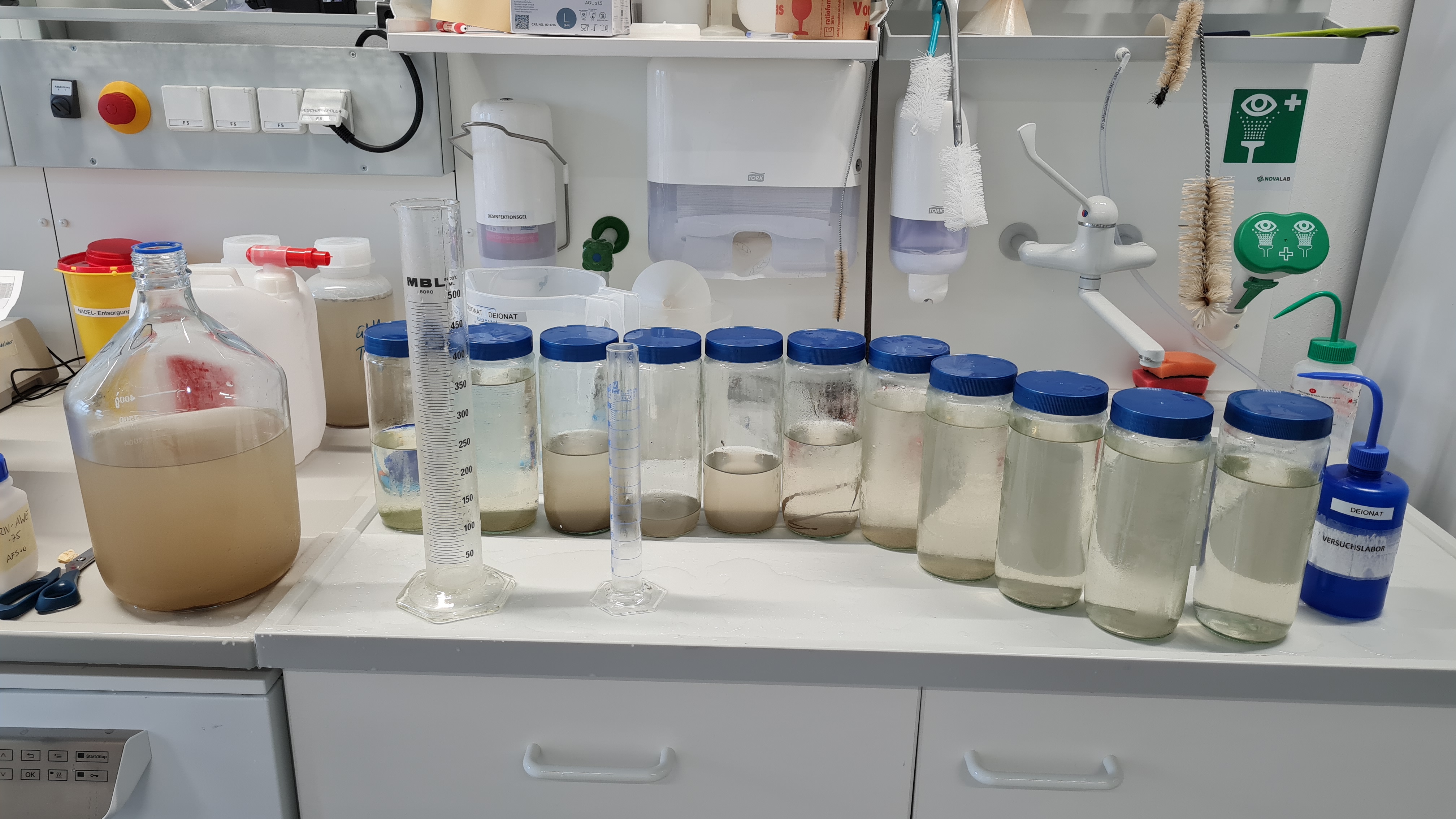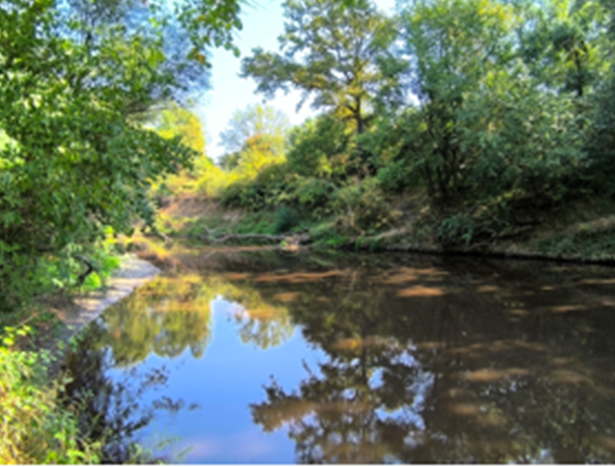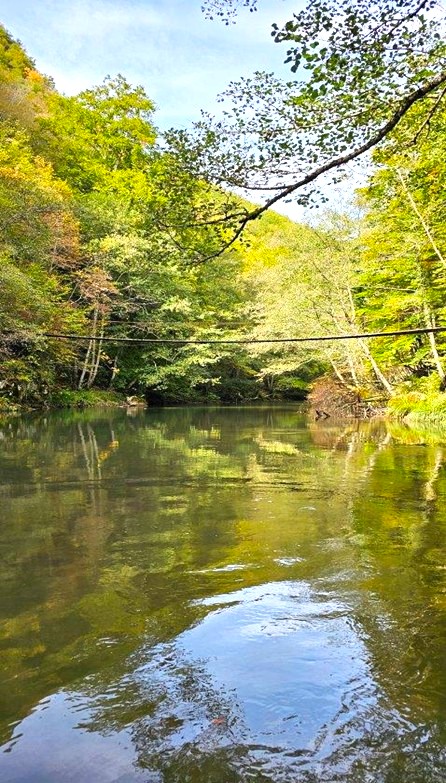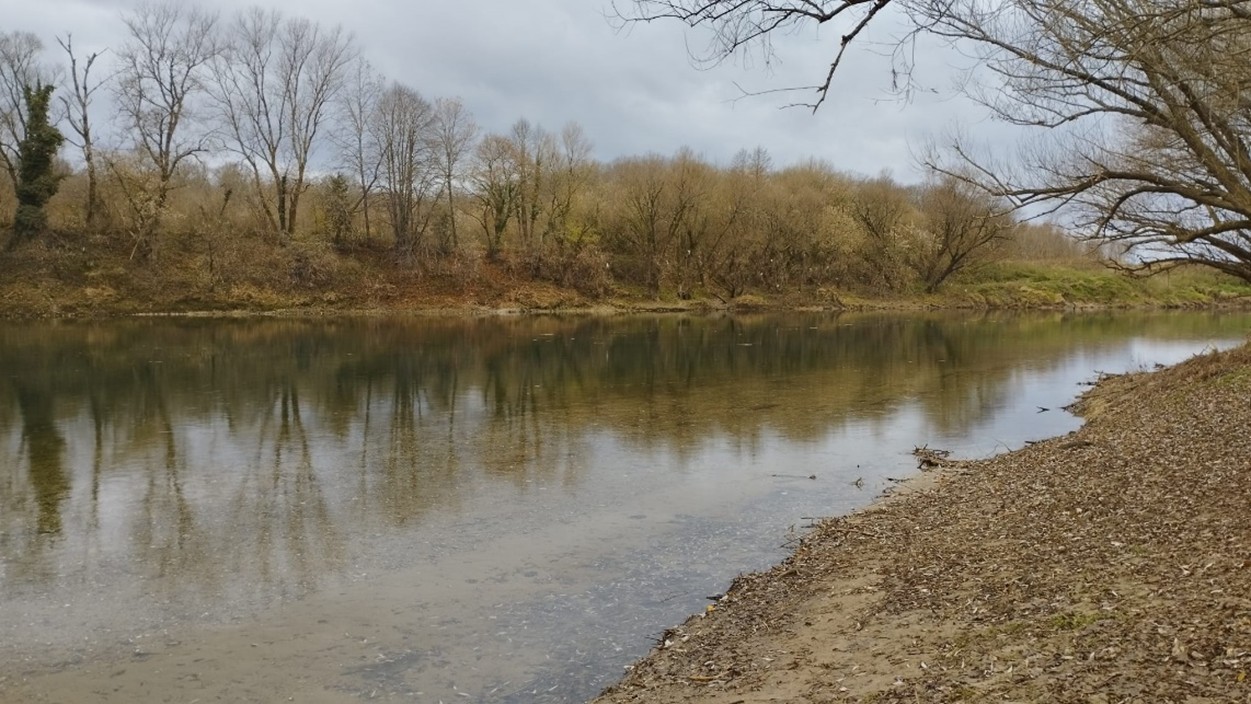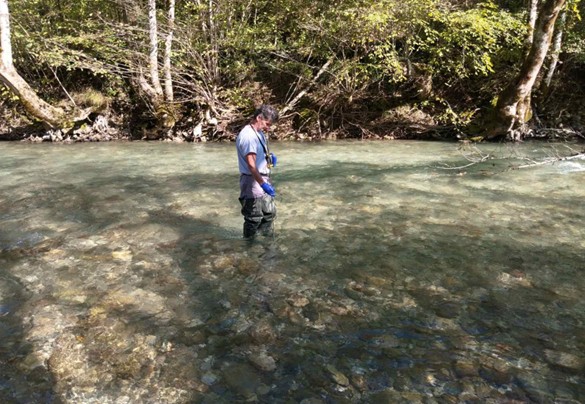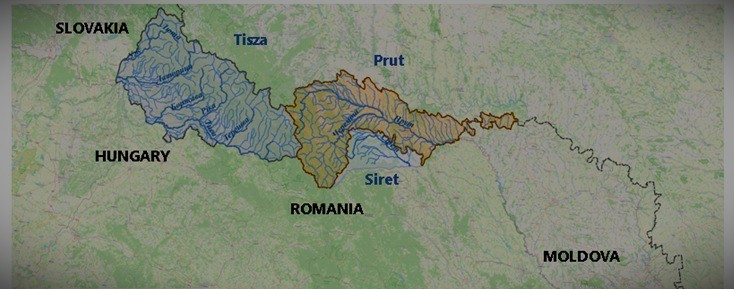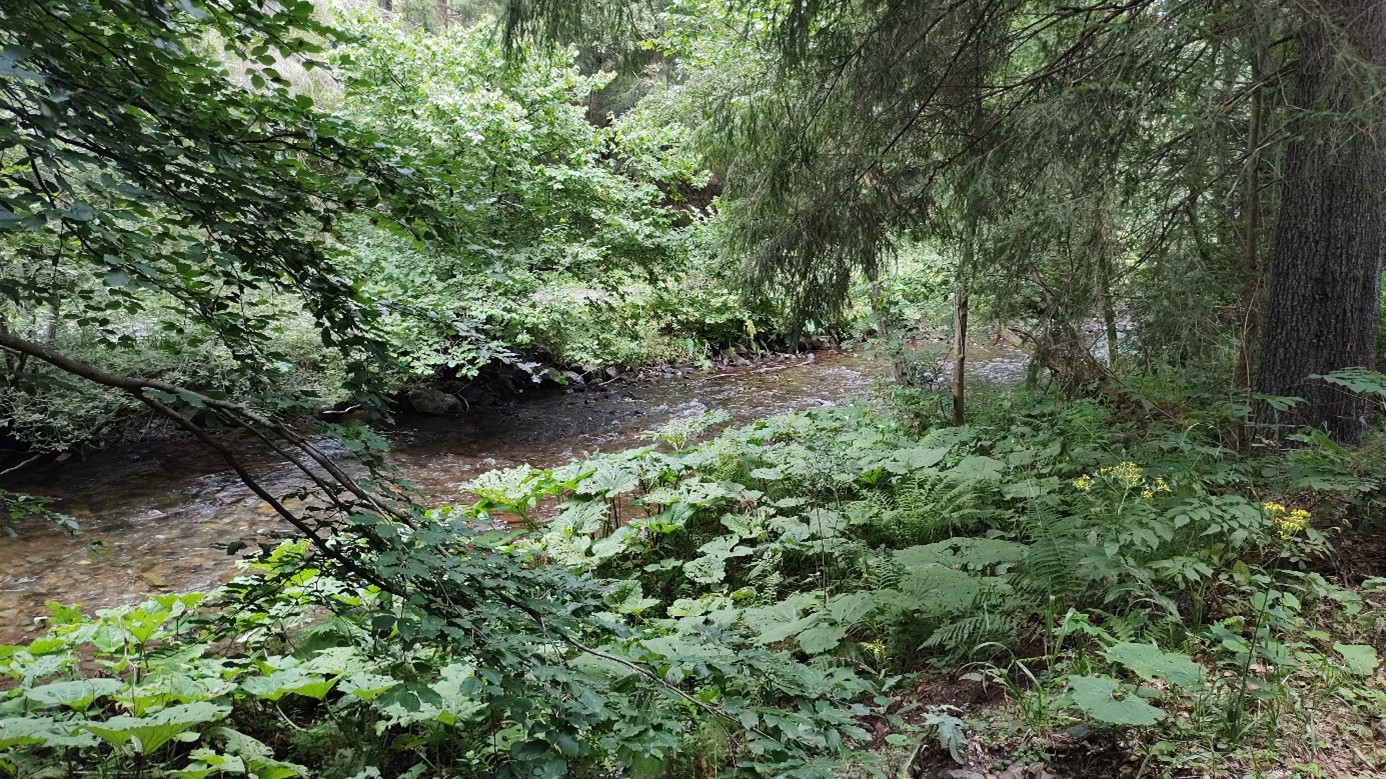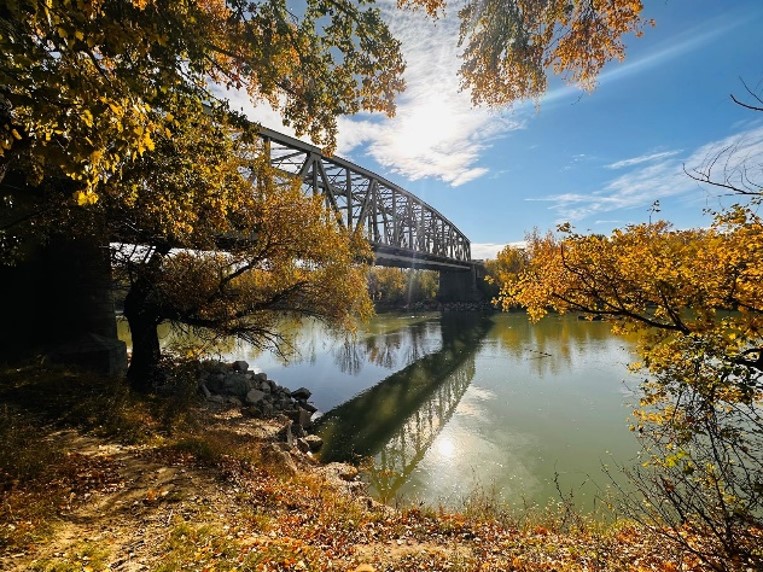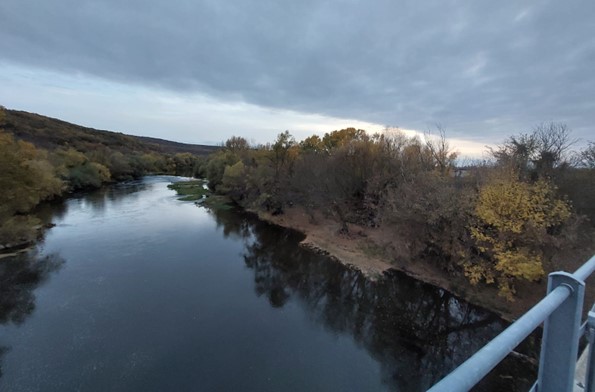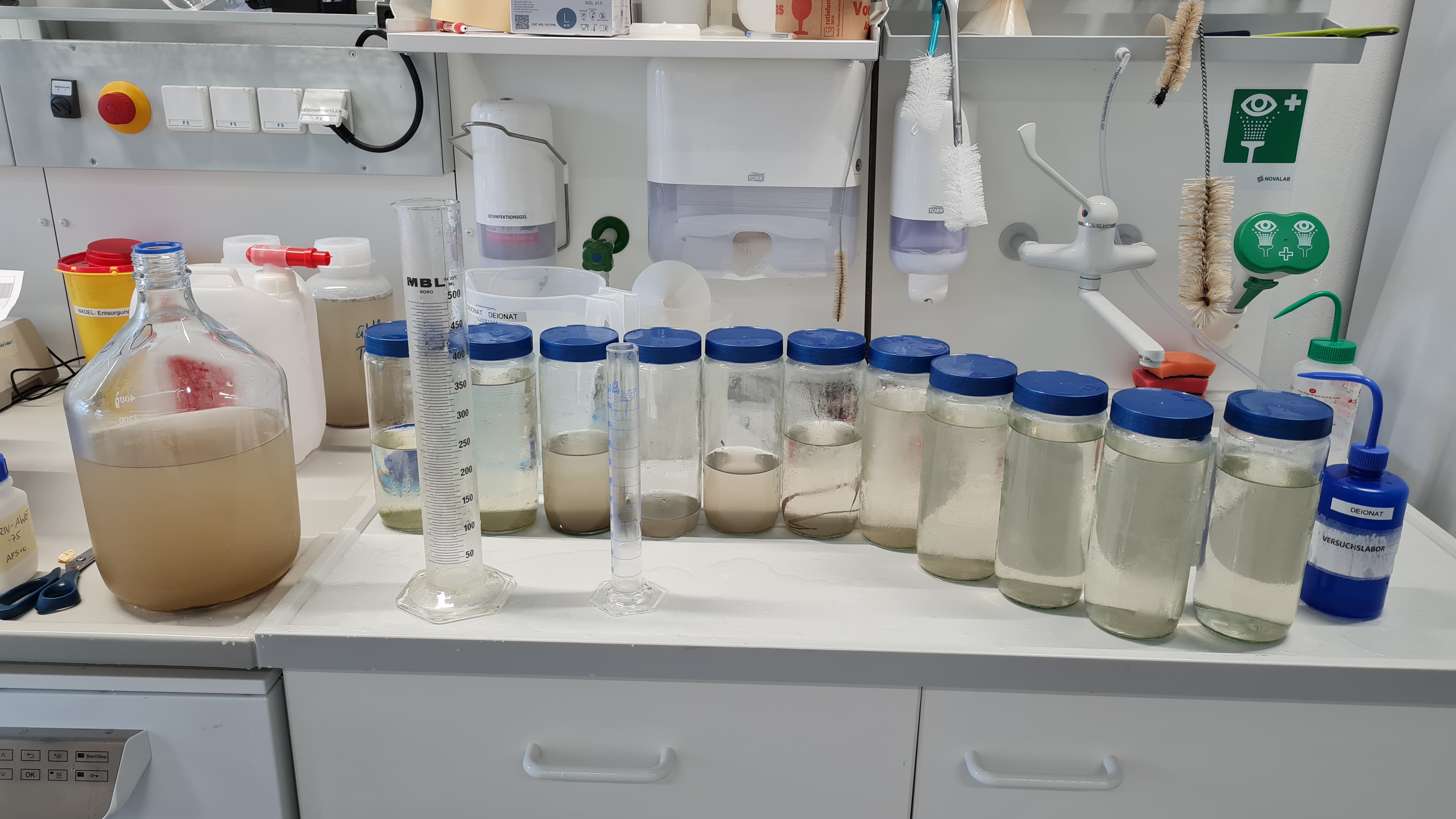
Workshop on Analytical Methods for Water Monitoring - Summary
WRI, Bratislava, Slovakia, online, 1st and 2nd of October 2024
An online workshop on Analytical Methods for Water Monitoring was organized by the Water Research Institute in Bratislava as an integral part of the project Tethys to create space for laboratories of the Danube River Basin involved in monitoring of water to exchange their know-how on analytical methods implemented in monitoring and to identify other approaches to improve methods. The second aim was to discuss on analytical methods for analysis of PFAS – the group of compounds being in focus of newly developed directives (Drinking Water Directive) or directives for which tier revision/amendment is in preparation (Groundwater Directive, Environmental Quality Standards Directive).
Michal Kirchner opened the workshop on 1st of October and presented the Tethys project and brief overview on status of the preparation of the Directive amending WFD, GWD and EQSD. Following presentations were on compunds/analytical methods based on the outcomes of evaluated questionnaires. Afterwards, Veronika Koperová Návojová and Marcel Brenkus presented methods for simultaneous determination of alkyl phenols, polyaromatic hydrocarbons and phthalates in water and sediment. PAHs in biota analysis (gammarids and mussels) were covered by Milan Laurenčík. Peter Tölgyessy provided presentation on the use of Stir Bar Sorptive Extraction for analysis of priority substances mainly in water (Tributyltin, short chain chlorinated parafins, brominated bipheyl ethers, pentachlorophenol, bisphenol A and chlorinated pesticides). The last presentation of the first day was on analysis of Watch List substances by direct injection LC-MS/MS by Alena Bednáriková.
The second day of the workshop, agenda was dedicated to analysis of PFAS. The first presentation was by Tamara Vranová on review of sampling protocols according to different standards and analytical method implemented at WRI. The second presentation was on best practices used for sampling by Meiqi Liu (TU Wien, Austria) and overview on analytical methods for determination of various PFAS parameters and analytical method implemented at TU Wien (Ernis Saracevic). In third presentation Vladimir Živković (CETI, Podgorica, Montenegro) presented automated disk extraction technique implemented in CETI.
The last session of the workshop was dedicated to discussion on preparation of the planned in the future PFAS interlaboratory comparison study. Interest in PFAS interlaboratory study was indicated so far by 11 laboratories. Based on consensus with participants, the distribution of samples will be in Jan/Feb 2025, 2 bottles with surface water (either Danube, Bratislava or lake Drazdiak in Bratislava – commonly used for preparation of PTs organized by WRI for known high stability of water composition) will be distributed together with solution of standards in methanol for preparation of the real fortified sample. Concentration of PFAS will be about 10 ng/L of each covering surface water list of 24 (except the one which is still not commercially available as reference material) and 20 drinking water (groundwater) PFAS compounds.
The results of the interlaboratory comparison will be discussed in a second workshop that will be announced well in advance here at the website and through the project partner networks.
News & Events
Read the most recent updates and explore the upcoming events.


